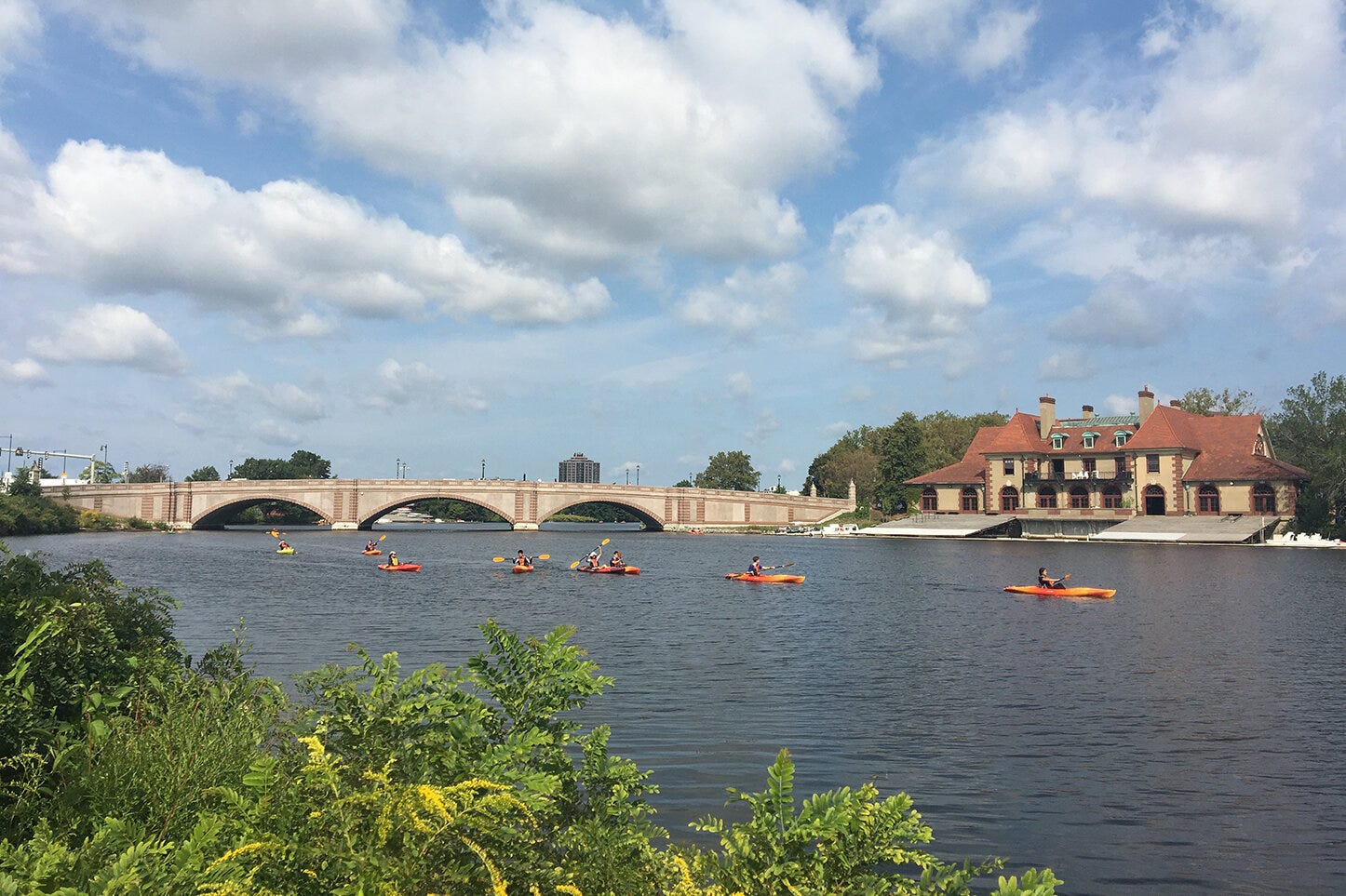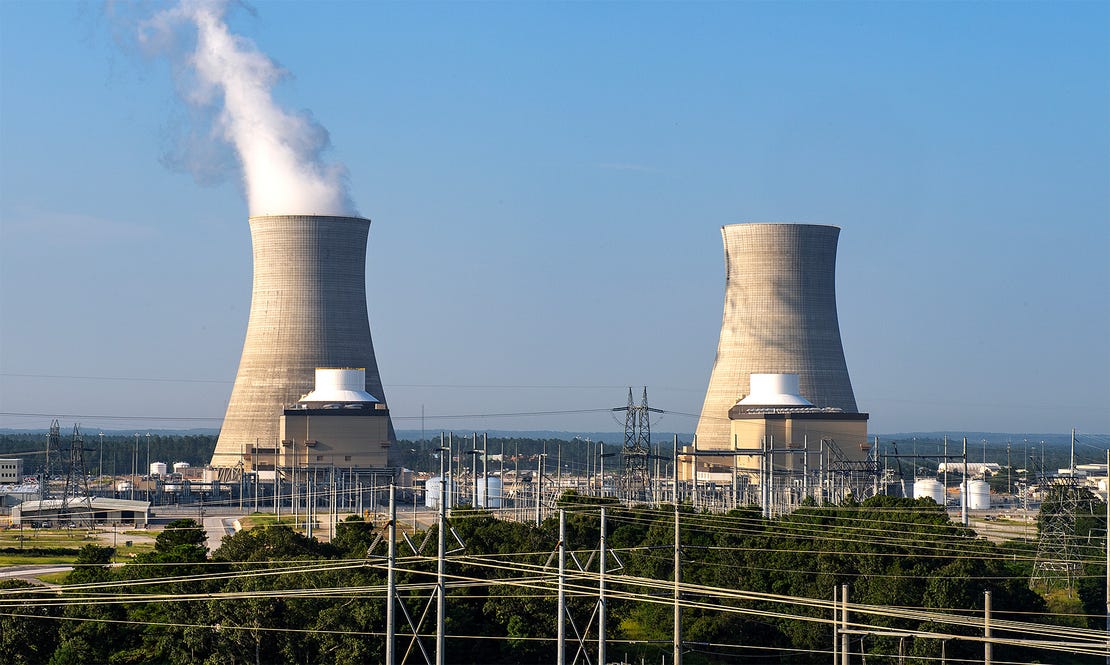[AI generated]
Key Takeaways
1. Between 2000-2020, China built 22,000 miles of high-speed rail compared to the US's one line, with U.S. permit approvals averaging over five years by 2016
2. U.S. projects, from bridge repairs to space rocket launches, face prolonged delays due to complex regulations and permitting processes
3. To regain global leadership in infrastructure and innovation, America urgently needs to streamline its permitting process, targeting drastic reductions in approval times
Between 2000 and 2020, China built over 22,000 miles of high-speed rail line (HSR). In contrast, during the same period the US built only one HSR line, the 457-mile Acela Express between Washington DC and Boston[i]. In 2023, a second HSR line opened up between Miami and Orlando, which is great, if you’re going between Miami and Orlando. The 235-mile route is traversed at 125 mph, which does not count as “high-speed” by international standards, but is still pretty fast[ii]. A major reason HSR and other projects don’t get built in America is the time it takes to get all the necessary project permits. By 2010, the average government-wide completion time to get a building permit became 4.2 years, and by 2016, the average had grown to over five years. This means that the average amount of time needed to get permission to build a project is now longer than the total time it took— from start to finish—to build the Hoover Dam or the Golden Gate Bridge[iii].
There is no single flaw slowing down permitting. Rather, a morass of well-intentioned regulations, laws, legal precedents, and organizations have metastasized into a ridiculous process. Likewise, there is no “silver bullet” reform to streamline permitting; it will take a broad, long-term movement to improve the ease of building in America. This post will share 5 examples of the broken status quo.
Case 1: Bridge in Massachusetts
Repair of the 232-foot Anderson Memorial Bridge, connecting Boston and Harvard Square began in 2012, at an estimated cost of about $20 million. It was completed in 2016, four years later, at a cost of $26.5 million. For comparison, the original Anderson Bridge was completed in just 11 months in 1912. General George Patton constructed nearly 40 times as much bridging in six months across the Rhine to win WW2. Julius Caesar built a bridge across the same Rhine in 10 days in 55 BC[iv].
Case 2: Semiconductor fab in Arizona
Approximately 56%[v] of the world semiconductors, including nearly all of the high-end chips for AI, are made in Taiwan. Since Taiwan is one of the world’s most dangerous geopolitical hotspots, America wisely decided to build some semiconductor manufacturing facilities at home. However, construction at a TSMC facility in Arizona is running years behind a similar facility in Japan, started at the same time. The reason? “Delays in receiving various permits for operations and safety have hampered construction progress.”[vi]
Case 3: Space rocket in Texas
SpaceX captivated the world in April 2023 when it launched Starship, a massive rocket that will one day take humans to Mars. After an admirable start, the vehicle exploded on the way to orbit. SpaceX made over 1000 modifications[vii] to the next Starship and the new vehicle is on the launch pad. But SpaceX is currently waiting on a permit from the FAA to fly again.
Case 4: Nuclear power in America
No new nuclear power plants have been built in America in more than 30 years. That is until July, when the Georgia Power’s Vogtle unit 3 came online seven years late and $16 billion over budget[viii]. Why doesn’t America have more nuclear power plants?
The nuclear industry has long complained that the Nuclear Regulatory Commission, the federal government’s chief atomic energy regulator, is slow to evolve and, as a result, acts as an economic bane on the industry. Companies say nuclear energy, long known for missing deadlines and huge cost overruns, has earned its reputation in large part because of over-the-top regulations.[ix]
Meanwhile, 21 nuclear reactors are under construction in China[x].
Case 5: Autonomous vehicles in America
44,000 people die in car accidents each year in America. 13,000 of those deaths are due to drunk driving[xi]. Robots can’t get drunk so autonomous vehicles (AV) represents a massive public health windfall. A significant portion of the remaining 31,000 automobile deaths are caused by human error. Yet local ordinances and regulation have slowed down the deployment of AVs, and risk delaying their widespread deployment.
Reforming permitting
Congress and state legislatures should therefore pass laws to map, measure, and streamline the project permitting approval processes within their jurisdictions. Furthermore, the President and all 50 governors should publicly report their permitting throughput time, with the goal of reducing the time it takes to get a permit by 10x. For example, the federal permitting average of 5 years should be reduced to 6 months. Based on these reports, progress in all states should be ranked publicly.
In an era where rapid technological advancements and infrastructural development determine a nation's global standing, America cannot afford to be tangled in bureaucratic red tape. The stark contrast in infrastructure development between nations underscores not just a logistical delay but a potential stunting of innovation and global leadership. By streamlining the permitting process, the US can reclaim its position as a superpower.
In case you missed it - Ad Astra online
Israel must exercise restraint
[i] https://en.wikipedia.org/wiki/Acela
[ii] https://en.wikipedia.org/wiki/Brightline
[iii] Murray, William. “Costs, Benefits, and Unintended Consequences: Environmental Law and Deindustrialization.” American Affairs, vol. 5, no. 4, Winter 2021, pp. 98–114.
[iv] https://larrysummers.com/2016/05/31/a-lesson-on-infrastructure-from-the-anderson-bridge-fiasco/
[v] https://www.idc.com/getdoc.jsp?containerId=prAP50994023
[vi] https://asia.nikkei.com/Business/Tech/Semiconductors/TSMC-to-send-hundreds-more-workers-to-speed-U.S.-plant-construction
[vii] https://arstechnica.com/space/2023/06/spacex-making-more-than-1000-changes-to-next-starship-rocket/
[viii] https://www.ft.com/content/5d8e0c6c-59c9-4b40-806f-604889dd5fb6
[ix] https://www.eenews.net/articles/why-permitting-debate-may-go-nuclear/
[x] https://www.cnbc.com/2023/08/30/how-china-became-king-of-new-nuclear-power-how-us-could-catch-up.html#:~:text=new%20nuclear%20construction.-,China%20has%2021%20nuclear%20reactors%20under%20construction%20which%20will%20have,construction%20than%20any%20other%20country.
[xi] https://www.nhtsa.gov/risky-driving/drunk-driving#:~:text=Overview,These%20deaths%20were%20all%20preventable.










